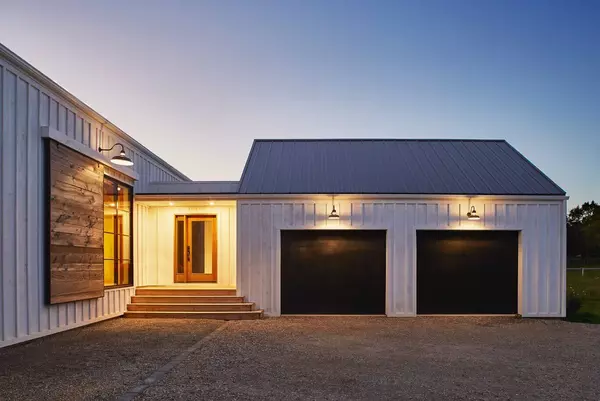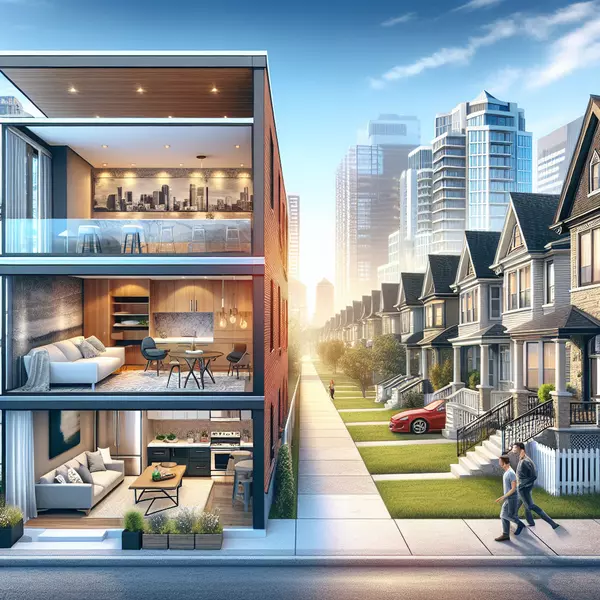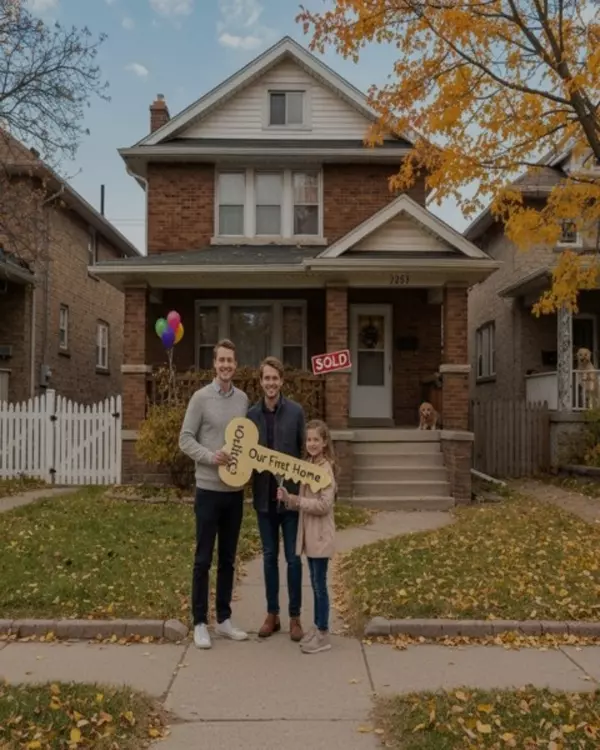
How to Make Sure Your Heating System is Ready for Winnipeg's Winter Chill
How to Make Sure Your Heating System is Ready for Winnipeg's Winter Chill Winter in Winnipeg is no joke, and if you live here, you know how important it is to be ready. With temperatures plunging and snow piling up, having a reliable heating system is essential. Whether you're a professional looking

Finding Homes in Winnipeg with the Best Resale Value
Finding Homes in Winnipeg with the Best Resale Value Purchasing a home is an important milestone, especially for professionals in Winnipeg who are looking to upsize, downsize, or buy their first home. With a good budget, finding a home that carries a high resale value is key. This blog will focus on

What Should You Consider When Choosing Between Buying a Condo or a House?
What Should You Consider When Choosing Between Buying a Condo or a House? Buying a home is a milestone, whether you're upsizing, downsizing, or purchasing your first home. However, the decision between a condo or a house in Winnipeg can be a bit tricky. Both options have their own set of opportuniti
Categories
Recent Posts










